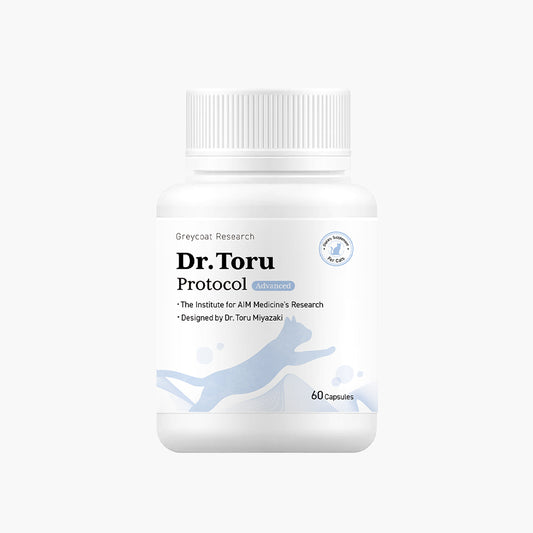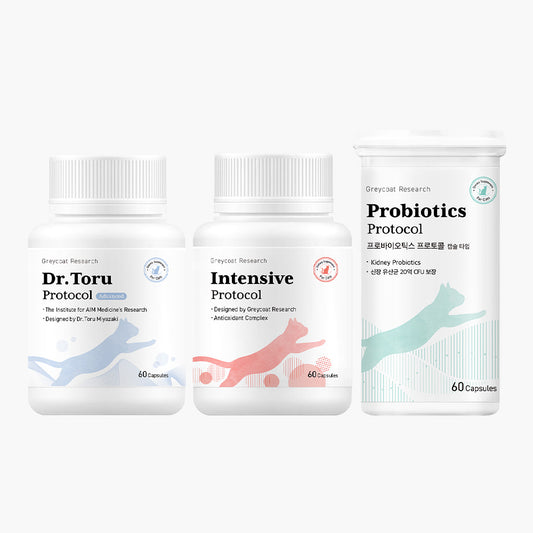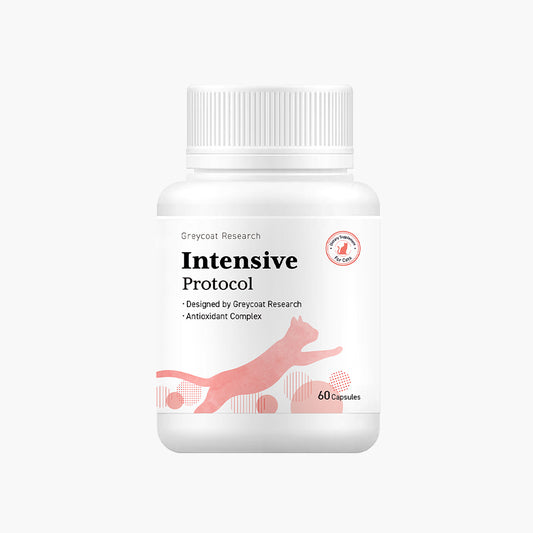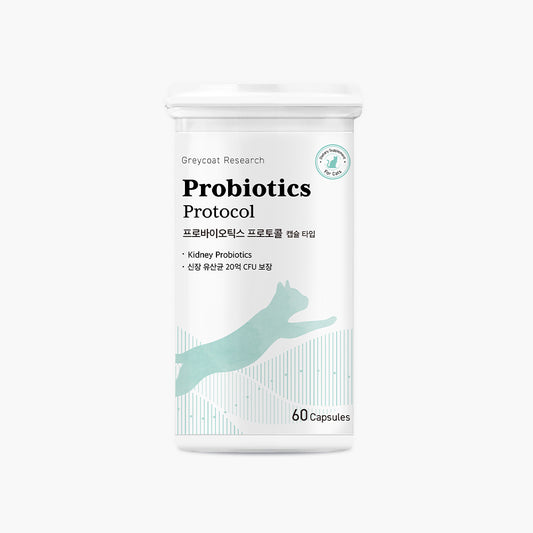
The Hidden Impact of Insect Repellents on Feline Kidney Health
As summer begins, so does the battle against mosquitoes.
Many guardians use mosquito coils, electric vaporizers, or insect-repelling collars indoors to keep mosquitoes away.
But for those who live with cats, one question often comes to mind:
“Is this safe for my cat?”
Surprisingly, many commonly used mosquito repellents can be toxic to cats.
This risk is significantly higher for cats with existing kidney disease.
Why Do Cats React Differently from Dogs?
Many mosquito repellents contain synthetic pyrethroids such as:
-
Permethrin
- Prallethrin
-
Tetramethrin
These compounds paralyze the nervous system of insects.
However, unlike humans or dogs, cats have a severe deficiency in the liver enzymes responsible for glucuronidation, a key detoxification process.
Even small amounts can accumulate in their bodies and trigger serious neurological and respiratory symptoms.

It’s not uncommon for only the cat to exhibit symptoms—even when sharing space with a treated dog.
Why Are Insect-Repelling Collars Especially Dangerous?
Neckband-style repellents may seem convenient,
but most contain permethrin and are approved for dogs only.
-
When a cat licks or touches a dog wearing the collar
-
When cats and dogs share bedding or sofas, leading to indirect exposure through inhalation or contact
Such exposure can cause severe poisoning in cats and become life-threatening without prompt treatment.
Can It Affect Kidney Health in Cats?
While pyrethroids are primarily neurotoxic,
the inflammatory reactions and toxic byproducts generated during metabolism can place additional stress on the kidneys.
-
Cats with pre-existing kidney disease may find the detox process especially burdensome
- Inhalation-related hypoxia can reduce blood flow to the kidneys, accelerating decline in function
In short, even if not a direct cause, it can be a serious aggravating factor for cats with compromised renal function.
Safety Comparison by Product Type

What Is the Safest Option for Guardians?
Cats are not small dogs or miniature humans.
Even products labeled “pet-safe” or “natural” may not be safe for cats.
Especially for cats with chronic kidney disease,
even invisible chemical exposure can worsen their already fragile health.
The Most Reliable Approach Is Physical Prevention
- Fine mesh window screens
-
Fans to keep mosquitoes away
-
Mosquito nets
-
Proper and frequent ventilation
These methods are safe for cats and offer the most effective mosquito control during summer—without placing any additional burden on the kidneys.




